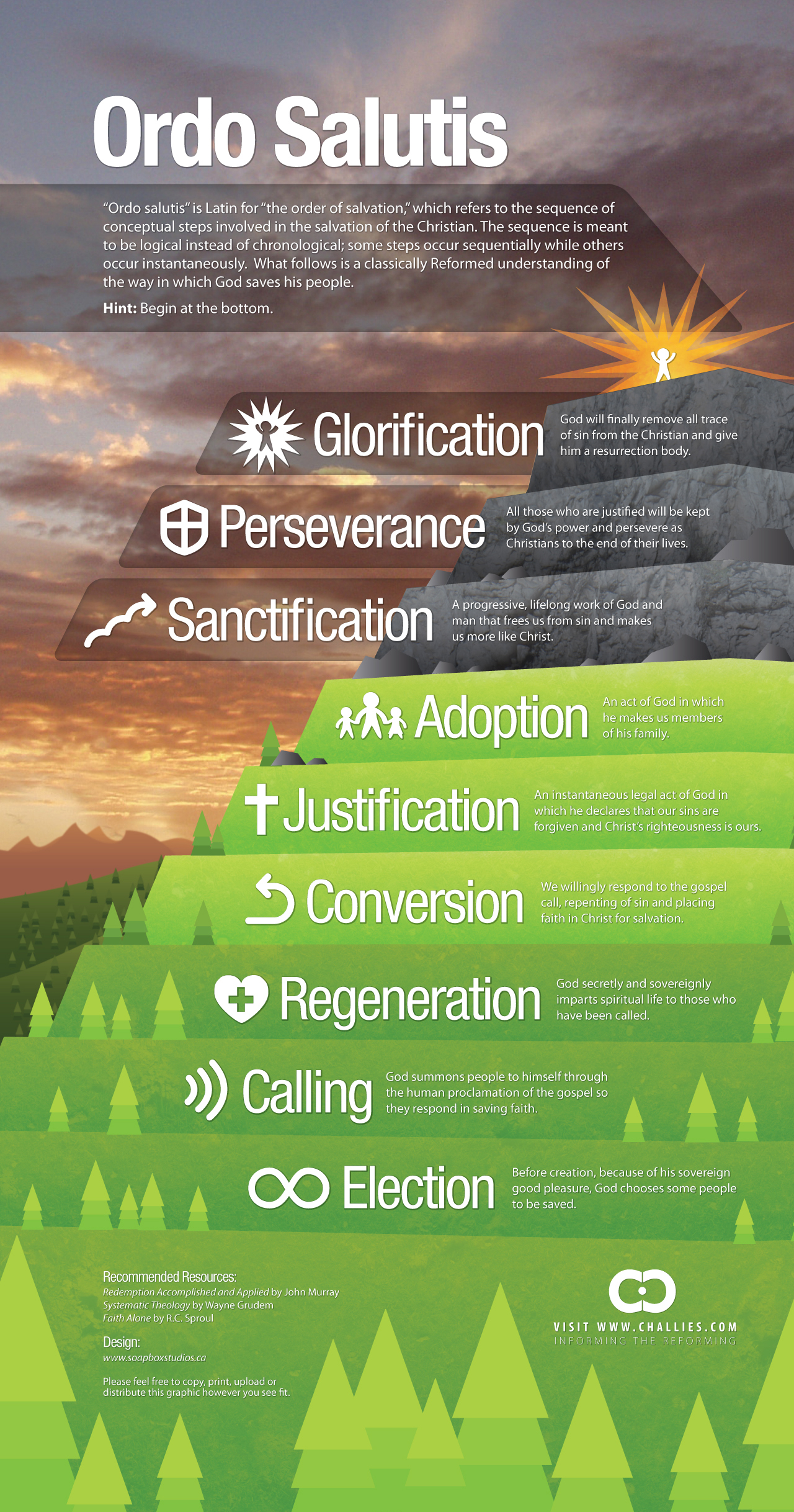Phil W
Well-Known Member
- Apr 15, 2019
- 3,187
- 676
- 71
- Country
- United States
- Gender
- Male
- Faith
- Christian
- Marital Status
- Single
Don't all the different meanings of the word "love" still boil down to...love?The original text in the Bible was a lot more colorful and difficult for most of us to comprehend, let alone even being able to read. For example, in English we read the same word for "love" used for 3 or 4 different senses or meanings of the word. (See:
Different Types Of Love From The Bible: A Christian Study "It appears that, in New Testament times, there were at least four different Greek words that we translate as the English word ‘love’. This variety actually helps us in the work of translation because each of the four different Greek words carries a slightly different definition from the other three. This makes it a little clearer as to what the original means. These words were:..."
This is the same case for the word "sanctification" as we read it in English.
Referring to a Secular Dictionary, esp. one NOT addressing the original Greek (or Hebrew) word can be a far cry from deriving TRUE intent or meaning of the word. English, for example, does not have all of the words old Greek, for example, has and thereby a continuity of a word-for-word translation is impossible. In the translation process the translators (who ARE fluent in the original Greek and/or Hebrew) convey the meaning of the word through its contextual use and application. The best a lay person of the faith can do is pray for insight from the Holy Spirit within and utilize a Strongs or otherwise EXHAUSTIVE CONCORDANCE of the Bible and examine the use of the word in various locations of the Bible: to examine the CONTEXTUAL use of the the word. This is just what the source did in the earlier link which I provided for the different uses of the word "sanctification" of which you choose to disagree. Of course, another way to learn what the Bible is saying is to find a highly qualified mentor or teacher of the Bible God's Word and allow them to convey its intent, but always verified by your submission to the Holy Spirit within and your own Bible study with at least a concordance.
If you are still lost think about one's use of the English language and its homonyms like "squash" or "draft" or "bark" or "jam" or "mine" or... . If you were a foreigner who did not understand English very well and isolated the word and looked it up in a dictionary it it would be impossible to derive its intended meaning as multiple meanings will be given. One can ignorantly or bias-ly choose to make it say what they want it to say by selecting an unintended meaning from the dictionary or go back and read its contextual use in association with all of the wording and grammar of the sentence or relevant surrounding sentences and/or paragraphs (this is CONTEXTUAL use) and discover the actual intended meaning.
Read more: Different Types Of Love From The Bible: A Christian Study
Don't all the definitions of sanctity still boil down to holy and clean?
Upvote
0


